RE-POST
As I browsed through the many suggestions for this Oscars 100 Non-Nominee list some of them still have me scratching my head to this day. Let’s get straight into the fourth 5 forgotten performers then, and give them the pat on the back they deserve.
Adele Exarchopoulos for Blue Is the Warmest Color (2013) – – – Robin Write @Filmotomy
Abdellatif Kechiche’s apparent heavy-handed direction of the sublime Adèle Exarchopoulos and Léa Seydoux in Blue is the Warmest Color may, depending on your viewpoint, amount to a lack of ethics or a fuck-load of genius. Or both. So magnificent an on-screen partnership Exarchopoulos and Seydoux are, when the film took the Palme d’Or at Cannes Film Festival both actresses were invited to the stage to accept the prize with Kechiche – an unprecedented honor. But deserved, both are truly breath-taking here, the term wearing their hearts on their sleeves only covers a small fraction of the impact of these performances. Devouring the screen in the lead role from the opening to the closing frames, teenager Exarchopoulos acts right through her skin here. The camera sticks to her like glue, an adhesive surely effective in some strong part to the actress’ incredible allure. Adèle the character and Adèle the actress both seem to come-of-age here, a raw, beautiful depiction of the flourish of young, passionate love and eventually how the pain of its dissolve can suck you down to the bone. Involved in some enduring, sexually explicit scenes, Exarchopoulos’ courage and excellence shines through in the moments when her character’s emotions are laid bare, and shattered through snotty sobbing and frantic feelings. That, and how invested you become in Adèle’s blissful, exhilarated affections, that you practically fall in love with her yourself.
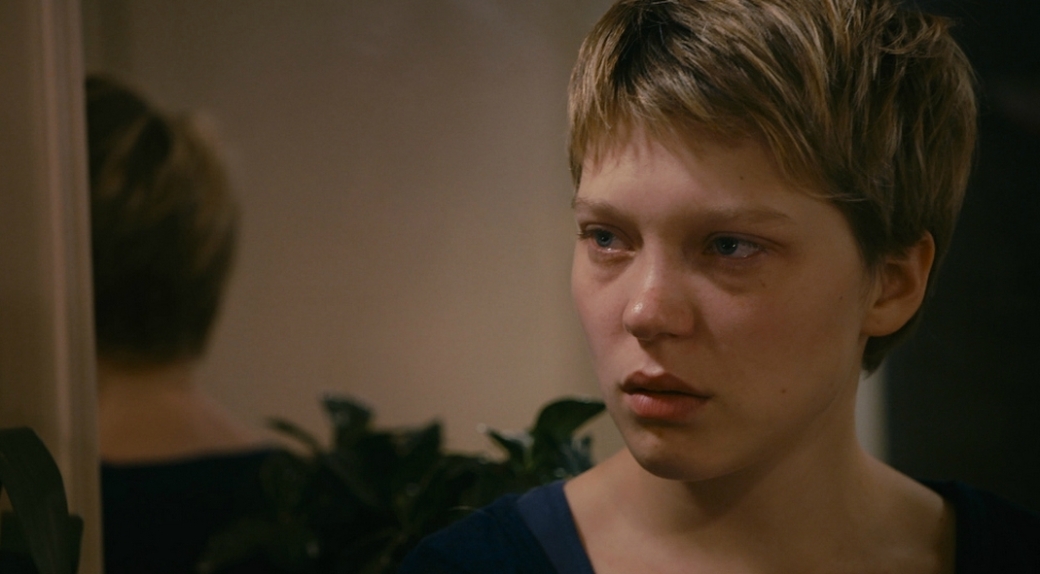
Léa Seydoux for Blue is the Warmest Color (2013) – – – Tobi Ogunyemi — @spaceliontobi @SpaceLioncs
When one thinks of Abdellatif Kechicke’s Palme d’Or coming of age epic, the centerpiece is of course of Adèle Exarchopoulos’ performance as the teenager who moves with such fluidity through the events and tribulations of life and love. The performance that is the heart of the film though, figuratively and literally, is crafted with such warmth by Seydoux’s Emma, the beautiful art student with temporary tussle of blue dyed hair. What makes Seydoux’s performance so exemplary is how she plays the older Emma to the younger Adèle, her allure is striking not to just Adèle but to the audience as well and how she appeals her experience to an inciting degree to her lover (when we first see crossing the street, in the bar, hanging out and talking on the bench in the park, etc). Within a story such as this, where the one main character is becoming their own person, there is usually the one character that is held in high regard, either someone to aspire towards, someone to love or more. Seydoux’s Emma is that and then some, showing a complex humanistic depth that wants to see the best for Adèle as she matures, but as with all lovers in relationship, she tries to craft her in own image, her own desires. The final scene Seydoux is in, in the restaurant with Adèle, shows the depiction of love itself towards someone that was once so close, but with the knowledge that time, the best thing for both is to walk away and move forward – that sensational love will always be there. The film was eligible for the Oscars but two things lead the way for it to garner zero nominations in its year; its success at Cannes and so emotionally subtle the film and its performances are. Not usually the Oscars trademark, but the mark that Seydoux’s performance leaves here is undeniable.
Robert Pattinson for Cosmopolis (2012) – – – Bailey Holden @BaileyHoldenM
Pattinson has in the past few years tried to prove his acting chops by working with some great art-house directors to try and get away from his tweenage past, Michôd, Herzog, Corbijn and of course, Cronenberg. Cosmopolis is a very strange movie, it’s Cronenberg’s first foray into writing since the 90’s and is perhaps his most political, showing the callousness, emptiness and some kind of benign stupidity in the ultra-rich, showing the inevitable fall of capitalism under the ever growing wealth gap. Pattinson is equally bizarre as 28 year old isolated billionaire Eric Packer, at first his performance is confusing, there is something not quite right about him. This become beyond clear in a scene where he is in a dinner, he stands out so much, it’s incredibly jarring. At that point all becomes clear, he is not playing a human being, Packer has never had human contact with the real world, only seeing it from the back of a limousine window, he is doing an impression of a human being. During the two sex scenes, Pattinson plays it the total opposite of the violent sexuality of most modern portrays of the ultra-rich, he sits totally still and almost doesn’t take part. Eric Packer is unlike the monsters of Cronenberg’s past, a normal exterior but truly nothing underneath and Pattinson is as hauntingly intelligent, perplexing and frustrating as the film is itself.
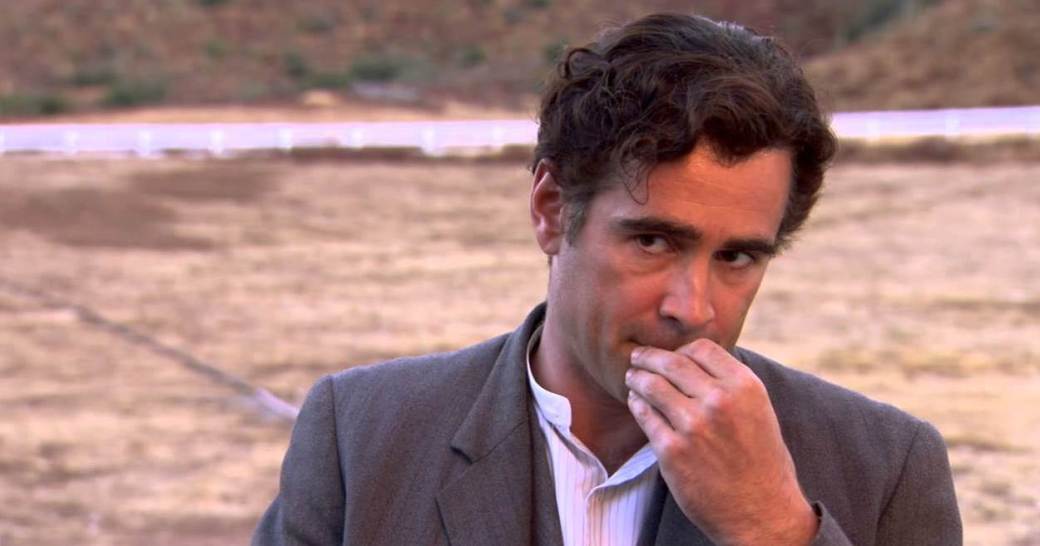
Colin Farrell for Saving Mr. Banks (2013) – – – Mike Austin @MuzakWeeWoo
When considering the Oscar nominations over the years, many came to mind, but only a few I’d be willing to fight over their prestige and lack of consideration. Not only did Colin Farrell deliver one of the most surprisingly cathartic performances of 2014 he managed to evoke emotions in those, who like me have had the tragedy of losing someone you love. I feel strongly that in a year that Jared Leto for Dallas Buyer’s Club swept the Best Supporting character category with ease, his one true combatant wasn’t even nominated in Farrell. With other actors like Cooper for American Hustle and Jonah Hill for Wolf, it infuriates me that Farrell went unnoticed and in turn was bested by these pedestrian and lack luster roles. Saving Mr. Banks had very few spots of adoration but Farrell gave the film body and a reason to love it. I hope that this little piece will either make you go watch and possibly re-watch for the beauty that is Colin Farrell’s portrayal of a troubled father fighting for the approval of his daughter.
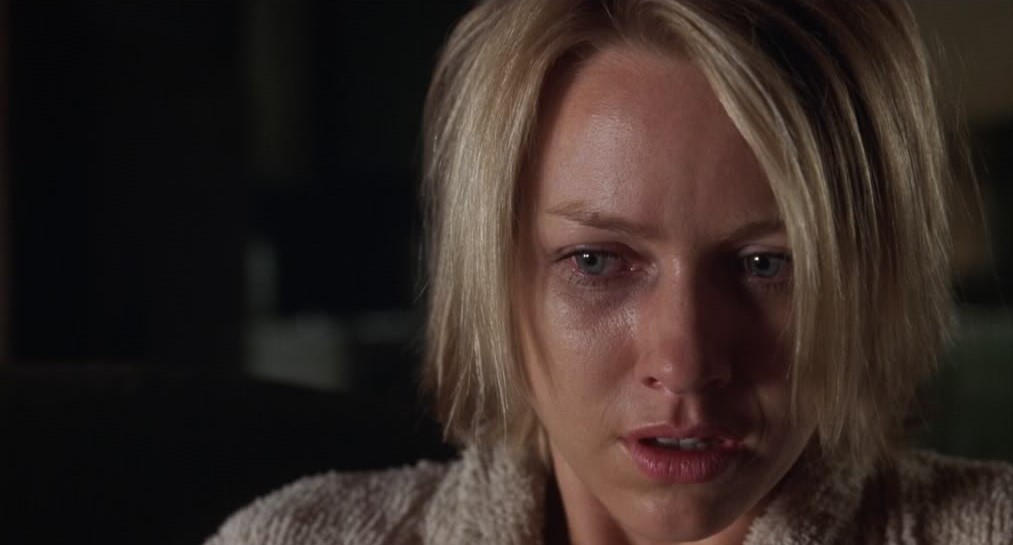
Naomi Watts for Mulholland Drive (2001) – – – Asif Khan @KHAN2705
A star is born in the form of Naomi Watts in David Lynch’s astonishing masterpiece which has been puzzling and spellbinding audiences ever since. While Lynch did get nominated for Best Director at the Academy Awards (I adore the directing branch sometimes), the film itself was ignored in other areas, especially Watts for giving arguably her career-best performance. Lynch is known for his surrealism, off-kilter sense of humor and a strong grasp of what he wants to explore in his films. He turns his camera onto the industry and the destructive power of rage, jealousy, failure and illusions vs reality. Watts plays an aspiring actress, Betty Elms who arrives in Los Angeles with twinkling eyes and a big smile on her face hoping to become a famous actress. She gets/looses more than she bargained for in a series of unconnected events that towards the end, reveals so much about the character(s) and the masks they put on each and every turn to hide a little more of themselves. Naive, hopeful, charming at first and psychotic, haunted hollow shell of a person in the end, Watts gives an immense, magnetic performance. Breathtaking and bold, so attuned to what Lynch tries to do or create. For any other newcomer, it must have been an overwhelming experience working with Lynch in a role like this but not Watts, who plays her part with a confidence so rarely seen in actors of her generation. A turn that is the very definition of ‘breakthrough’, ignored by the Academy (when they have previously nominated/awarded newcomers) for who knows what reason? Too dark? Too much? Watts has since then been part of good films, delivering strong performances but none so utterly devastating and unshakable as this. Oh Academy!


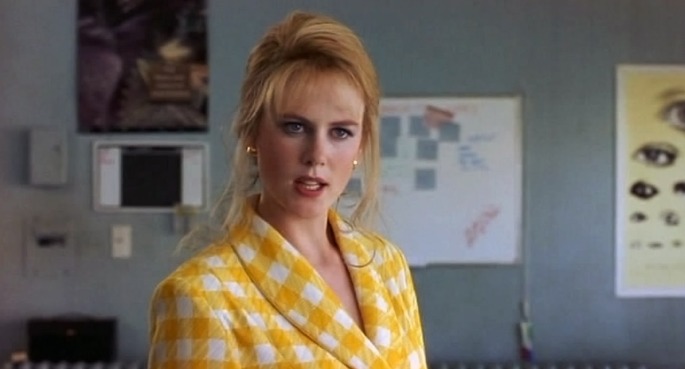
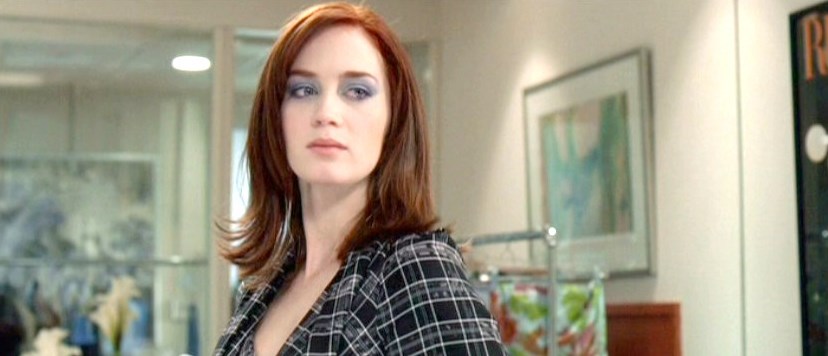
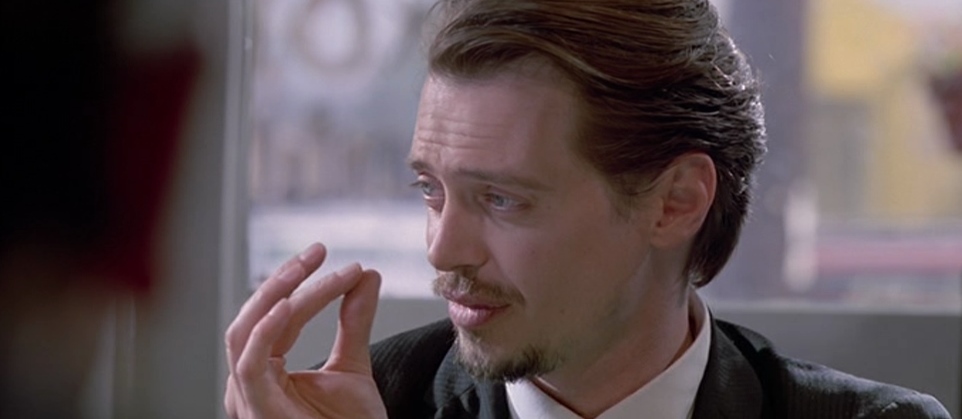




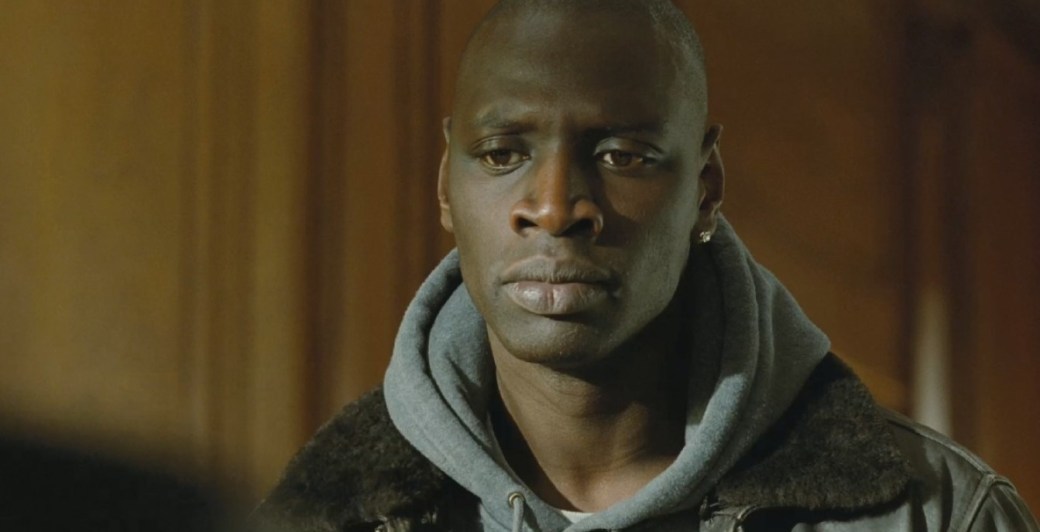

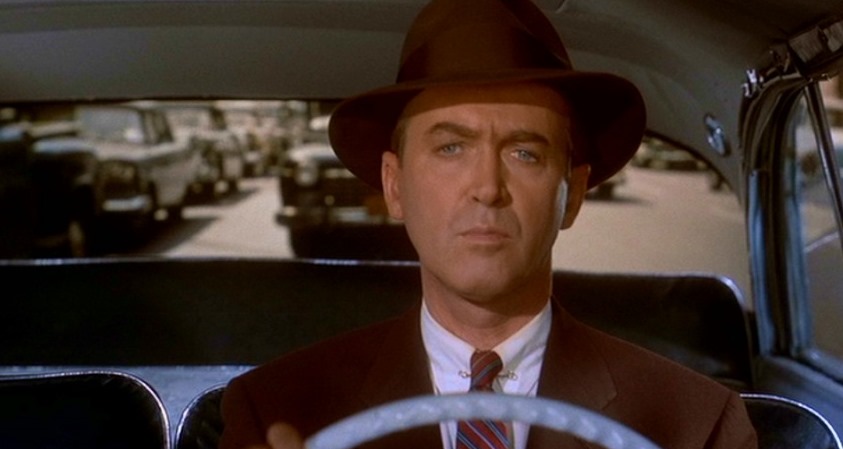
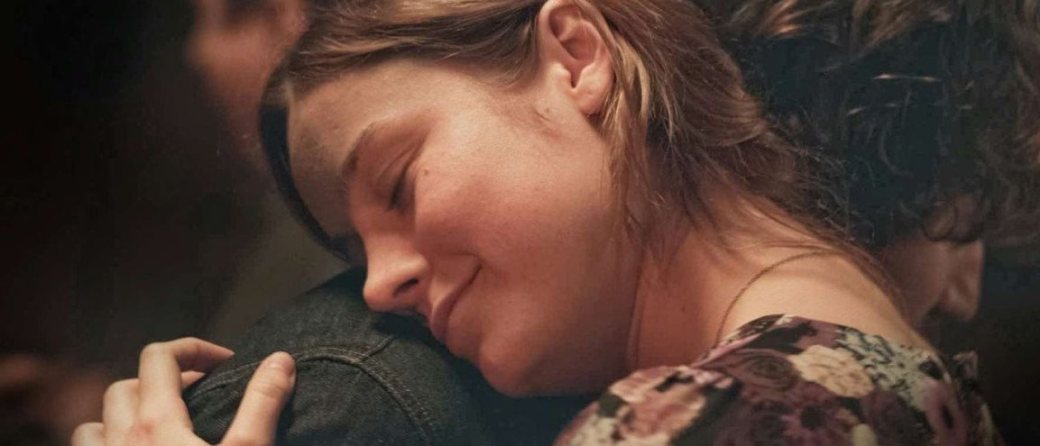
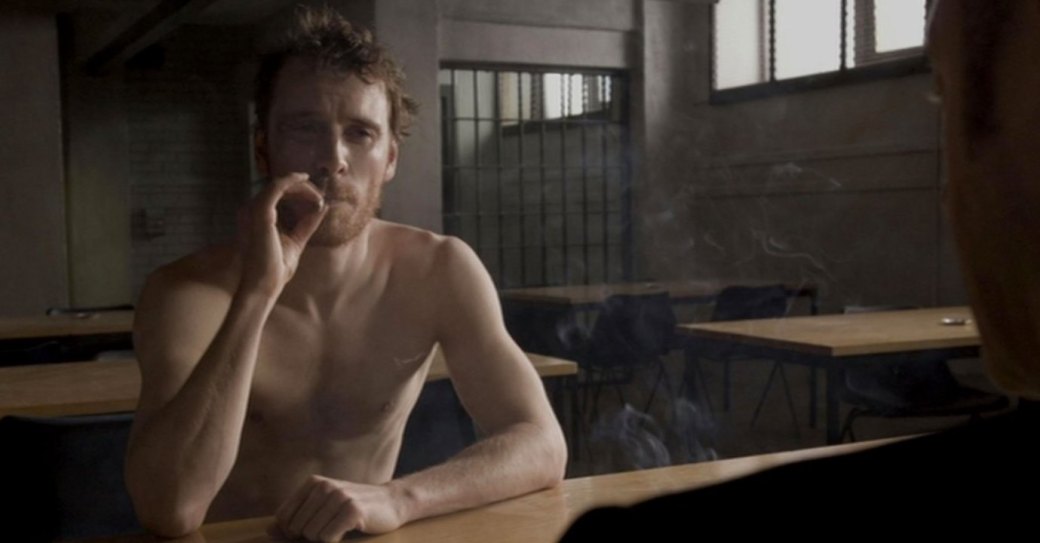

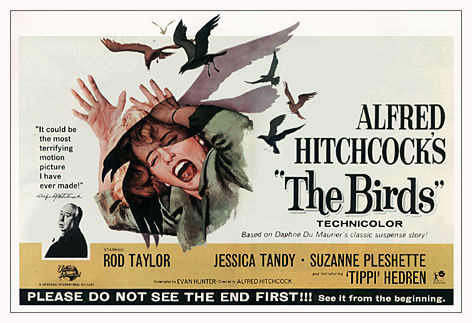


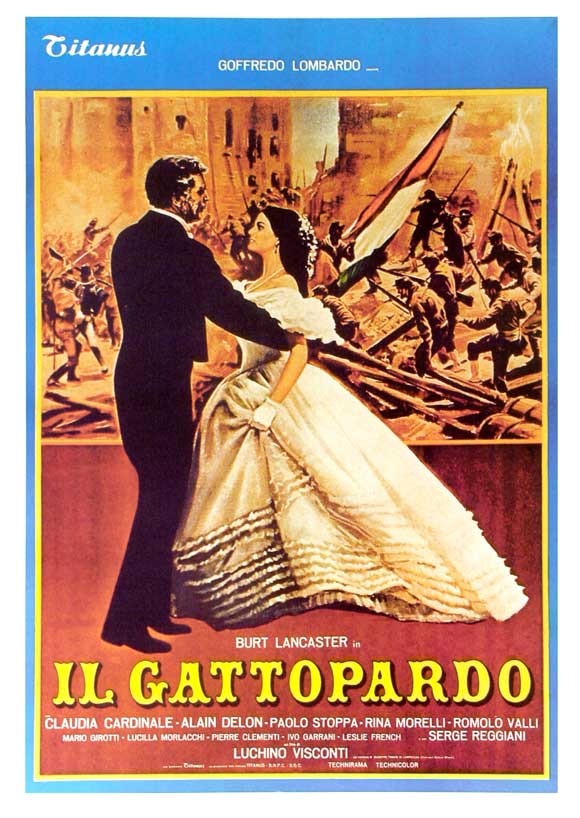

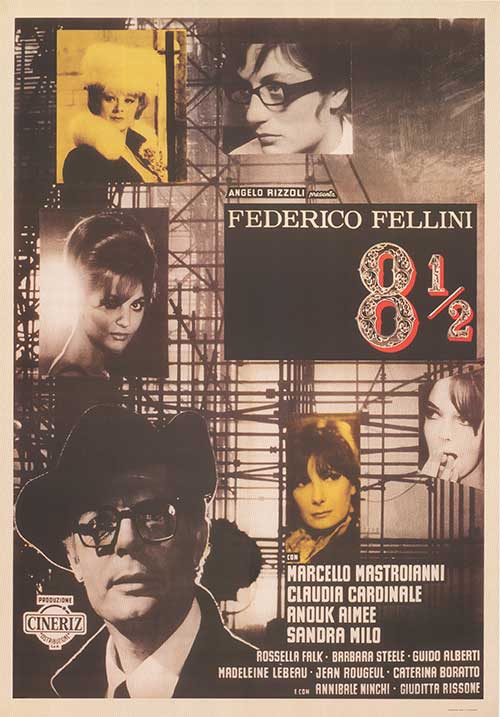



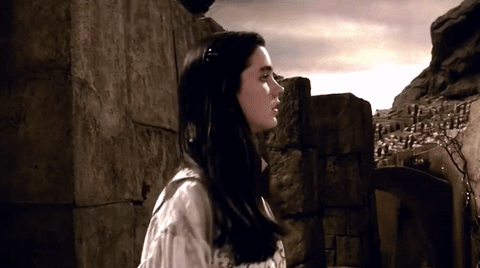
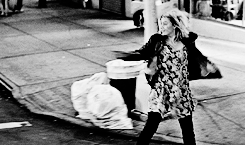

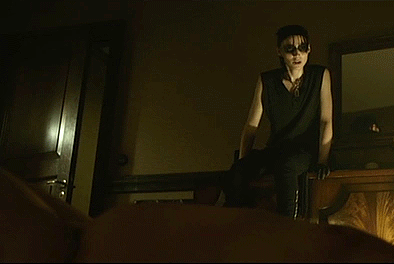





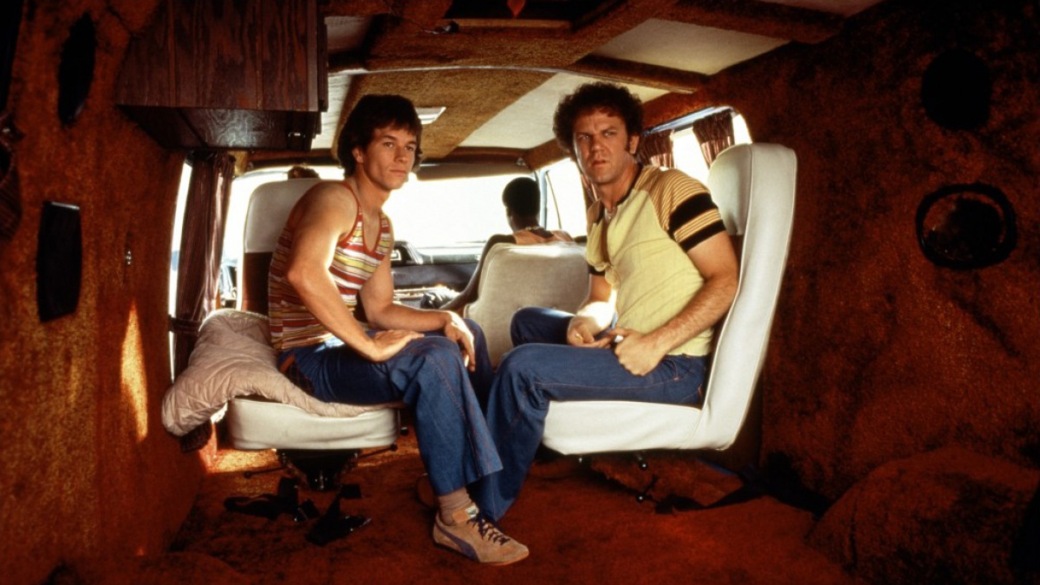


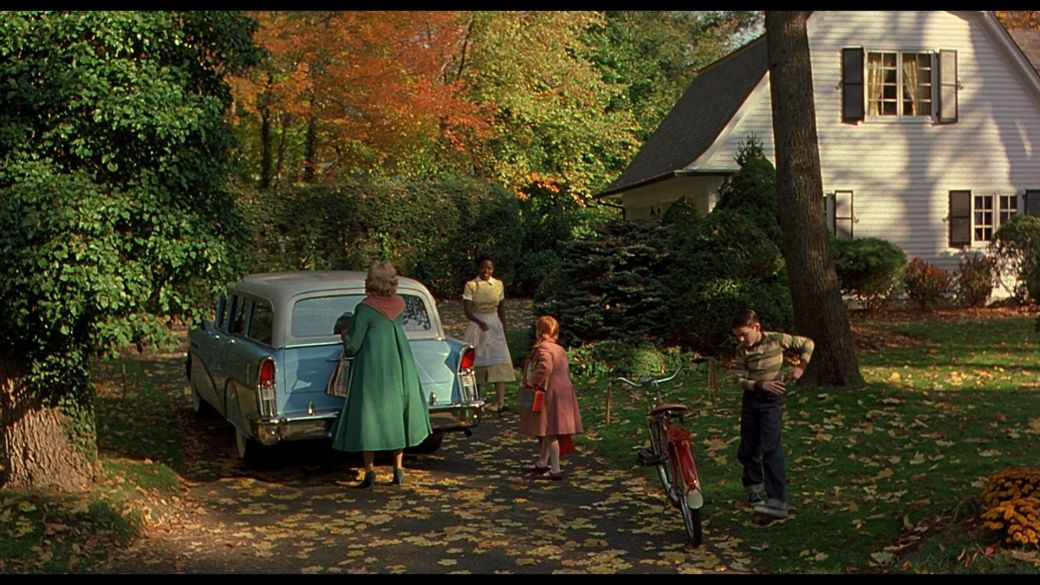

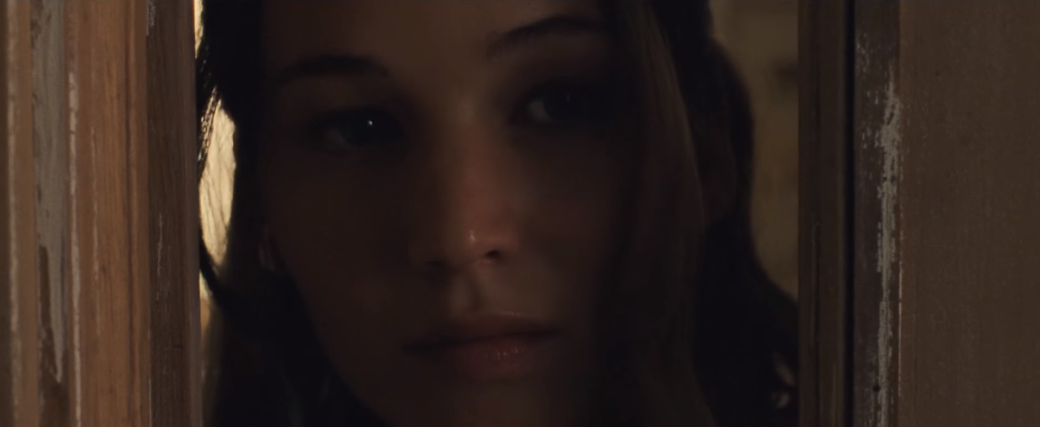
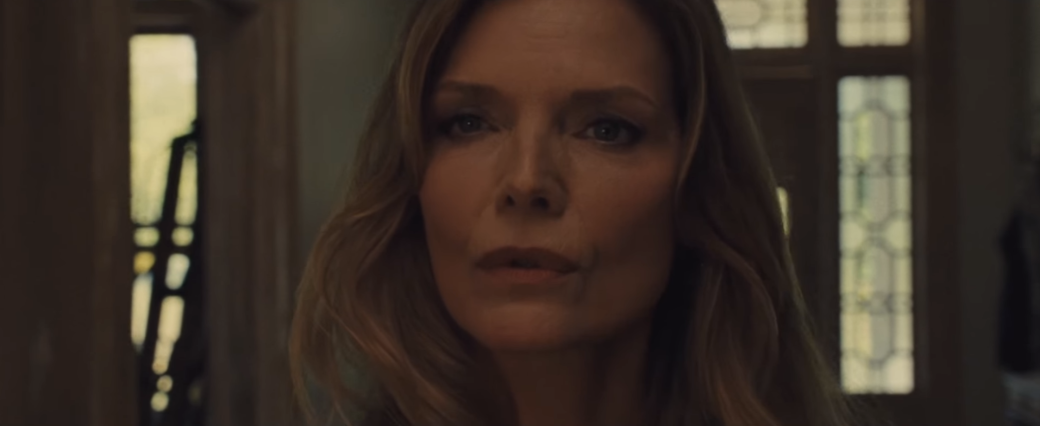
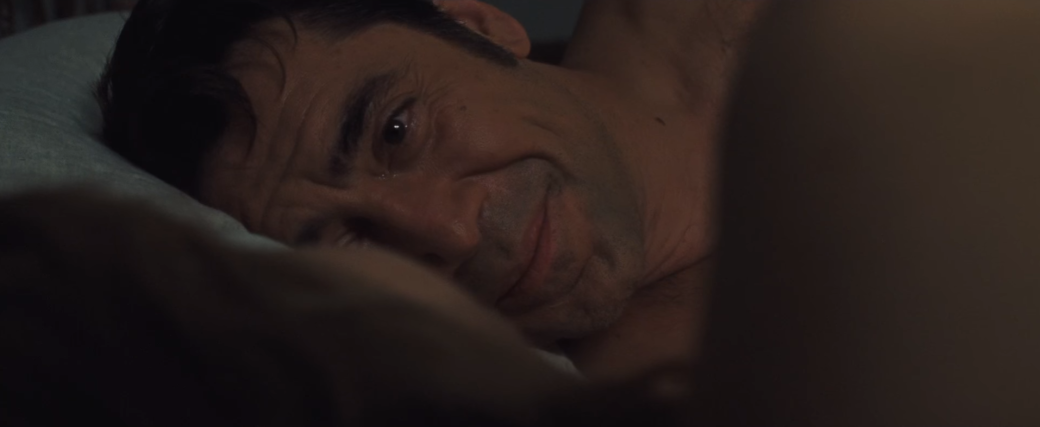











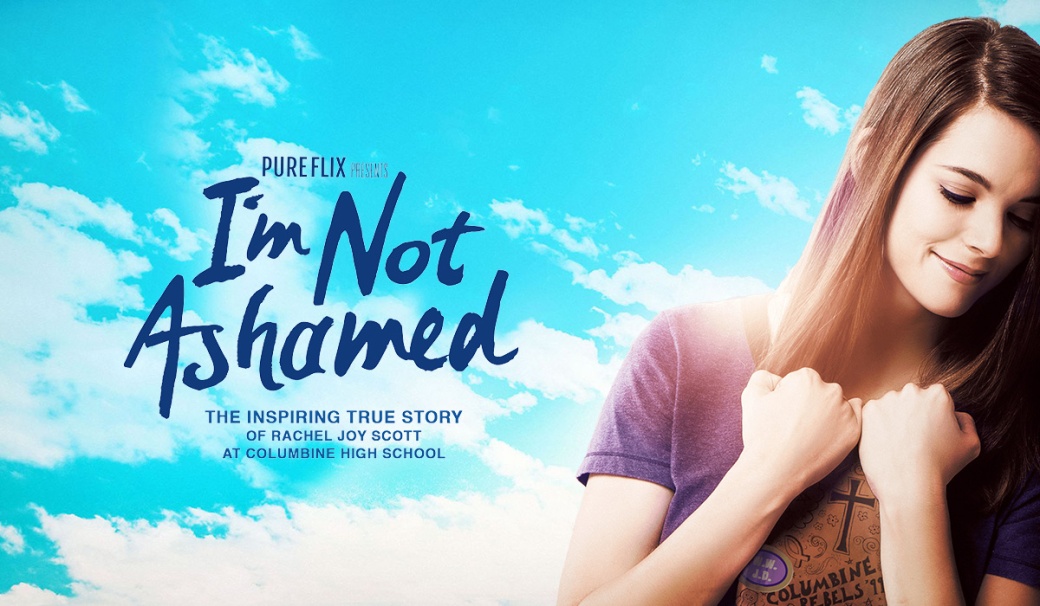
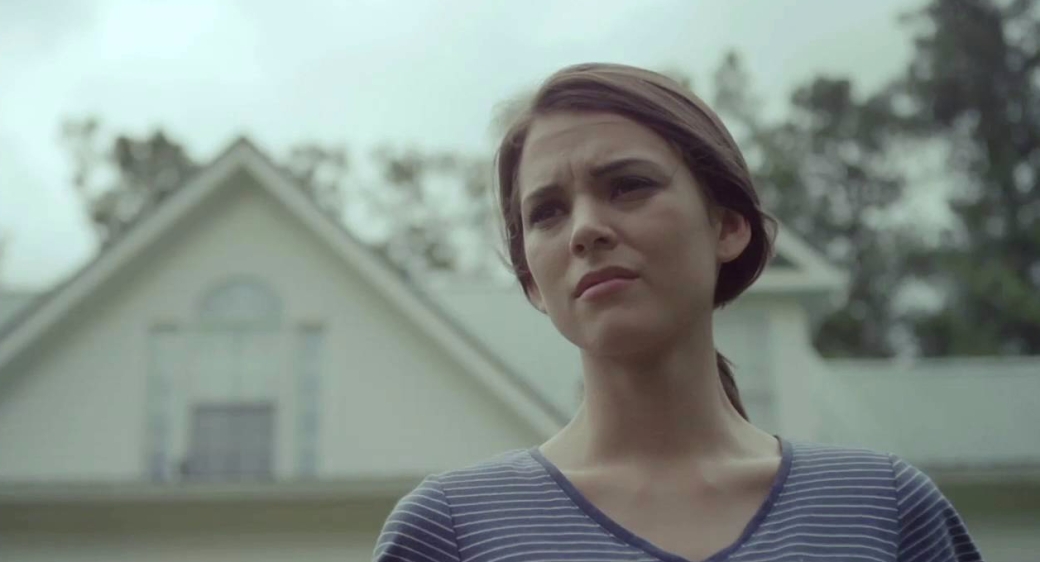



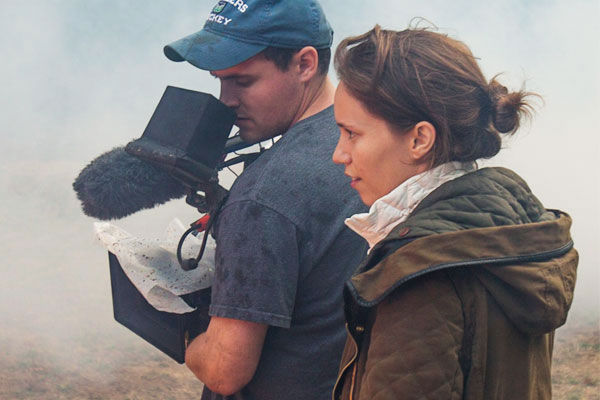
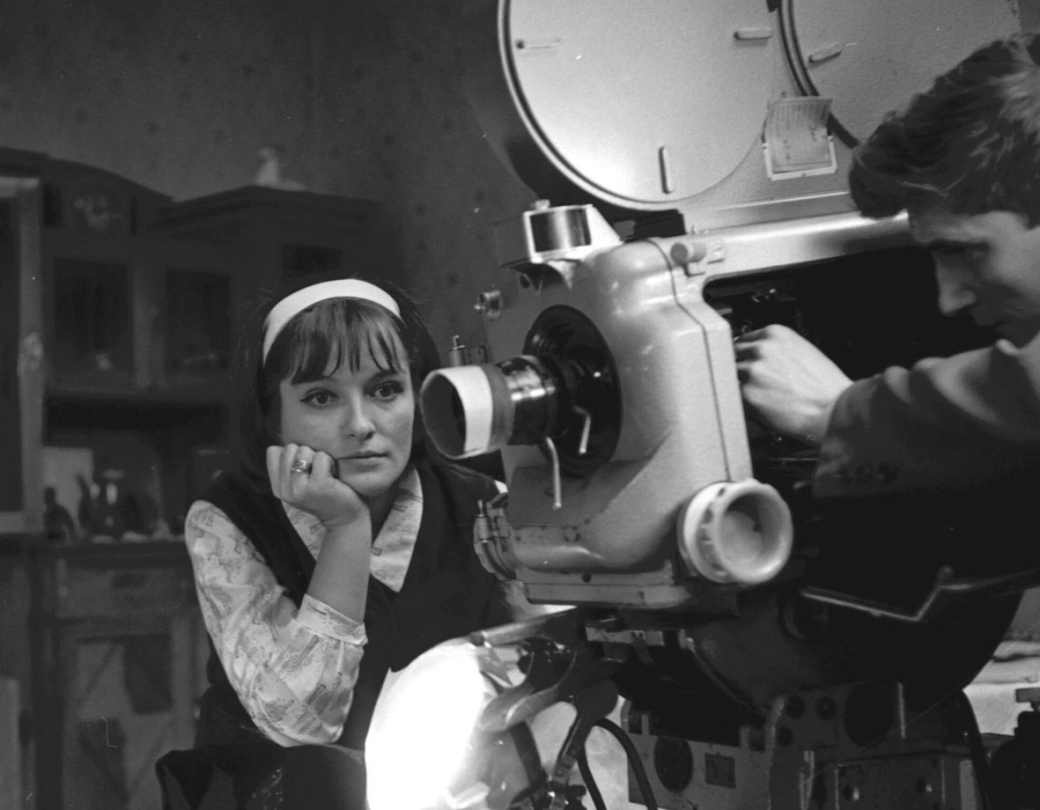


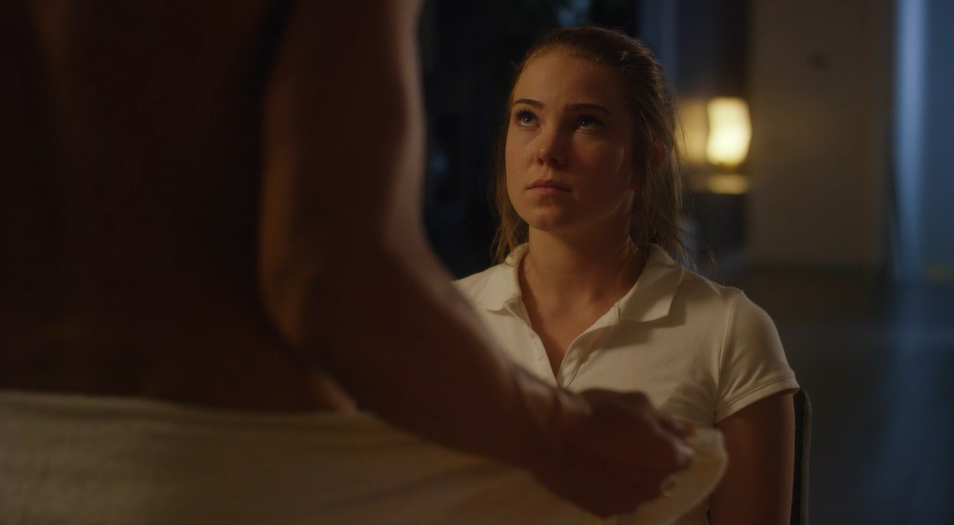


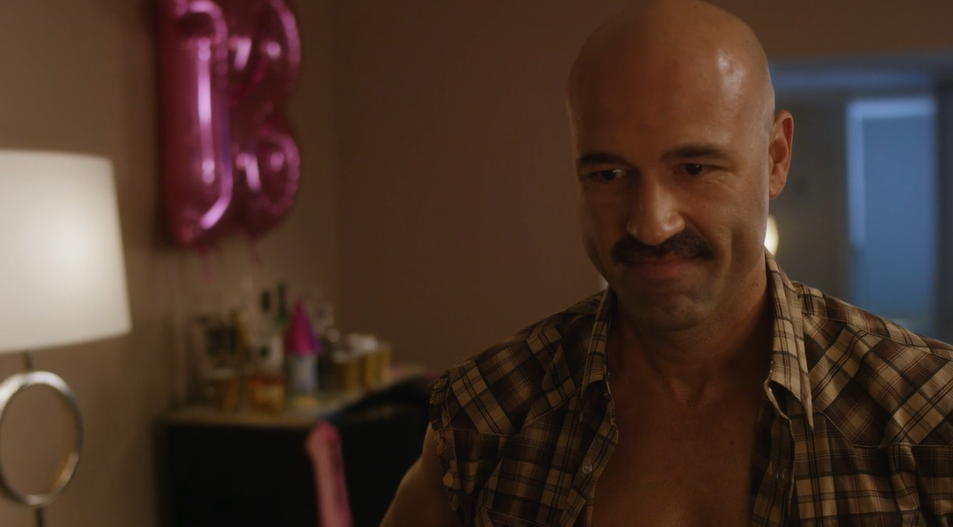
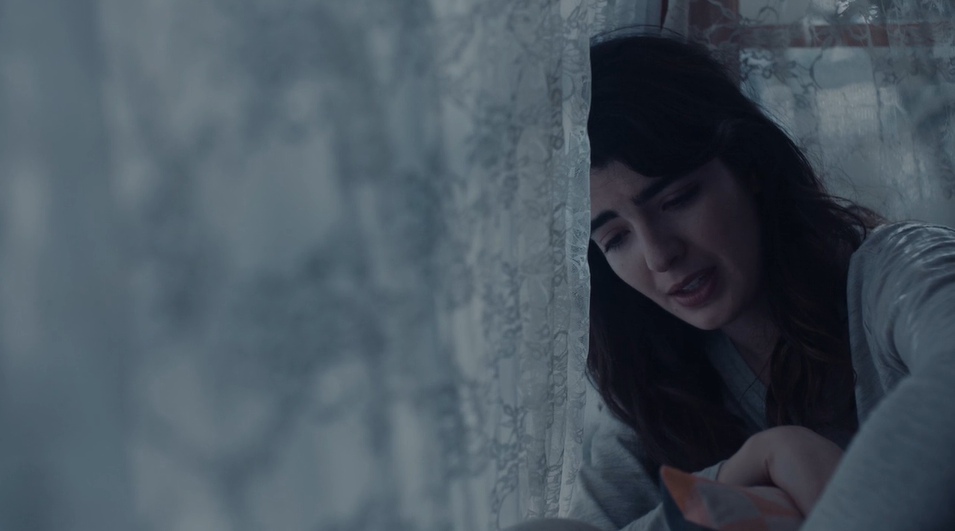


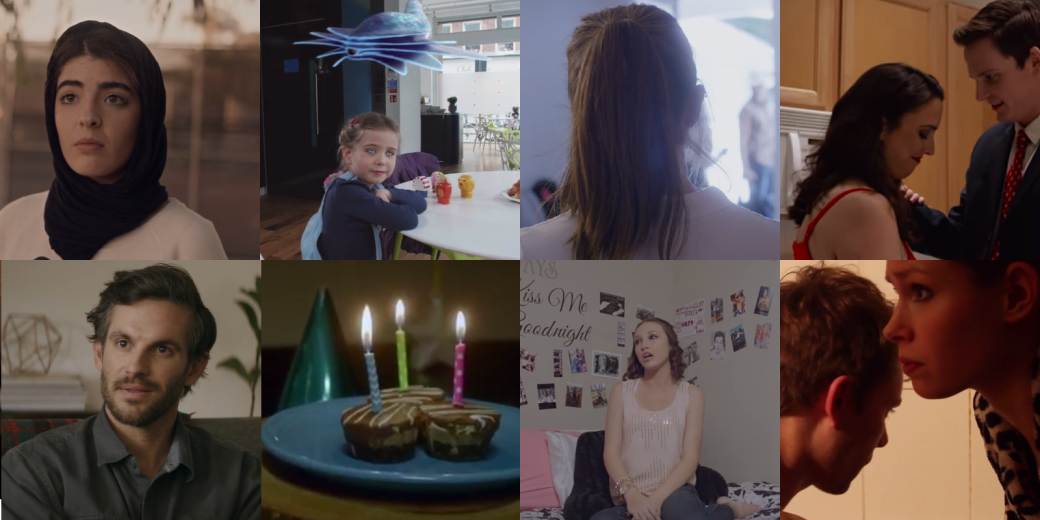

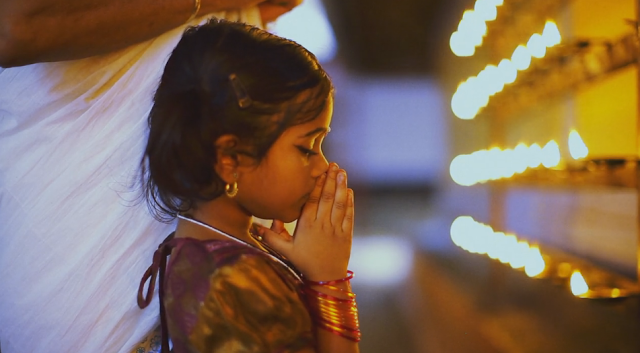

Recent Comments